Why You Should be Maining Controllers While Playing Valorant
Unsure on what to main in Valorant? Here is why you should be maining Controller over all the other roles available in the game!
Unsure on what to main in Valorant? Here is why you should be maining Controller over all the other roles available in the game!
In champion/agent-based games, it is normal for people to choose one role fitting their playstyle and main it, especially if a person actively plays ranked matches. This common practice builds a phenomenon where people normally introduce themselves to other players while naming the class/role, and even agent, they’ve mastered, just like how you say your occupation in other social contexts.
One problem arises from this habit though: the imbalance in the number of people in each of the roles. What can be observed is that, normally, people tend to gravitate towards ‘carrying’ roles - making comparisons with the popular MOBA genre, we’ll see it happening with roles like ADC (attack damage carry) or Mid (where you’ll normally see an APC or ability power carry) - to the detriment of other ‘support’ roles.
Although not as hard as other game genres, we also face this problem in Valorant - it’s easy to see how we have a high number of people deciding to main the Duelist role with the number of instalocks alone. With the flashiest gameplay and what is believed to be the higher potential to carry, it’s just normal for people to want the limelight for themselves or believe that being the star duelist is a must to rank up or play better.
However, what if I tell you that you should be focusing on another role? A role with pivotal importance in the game, but where you can hardly ever see good people at: the Controller role.
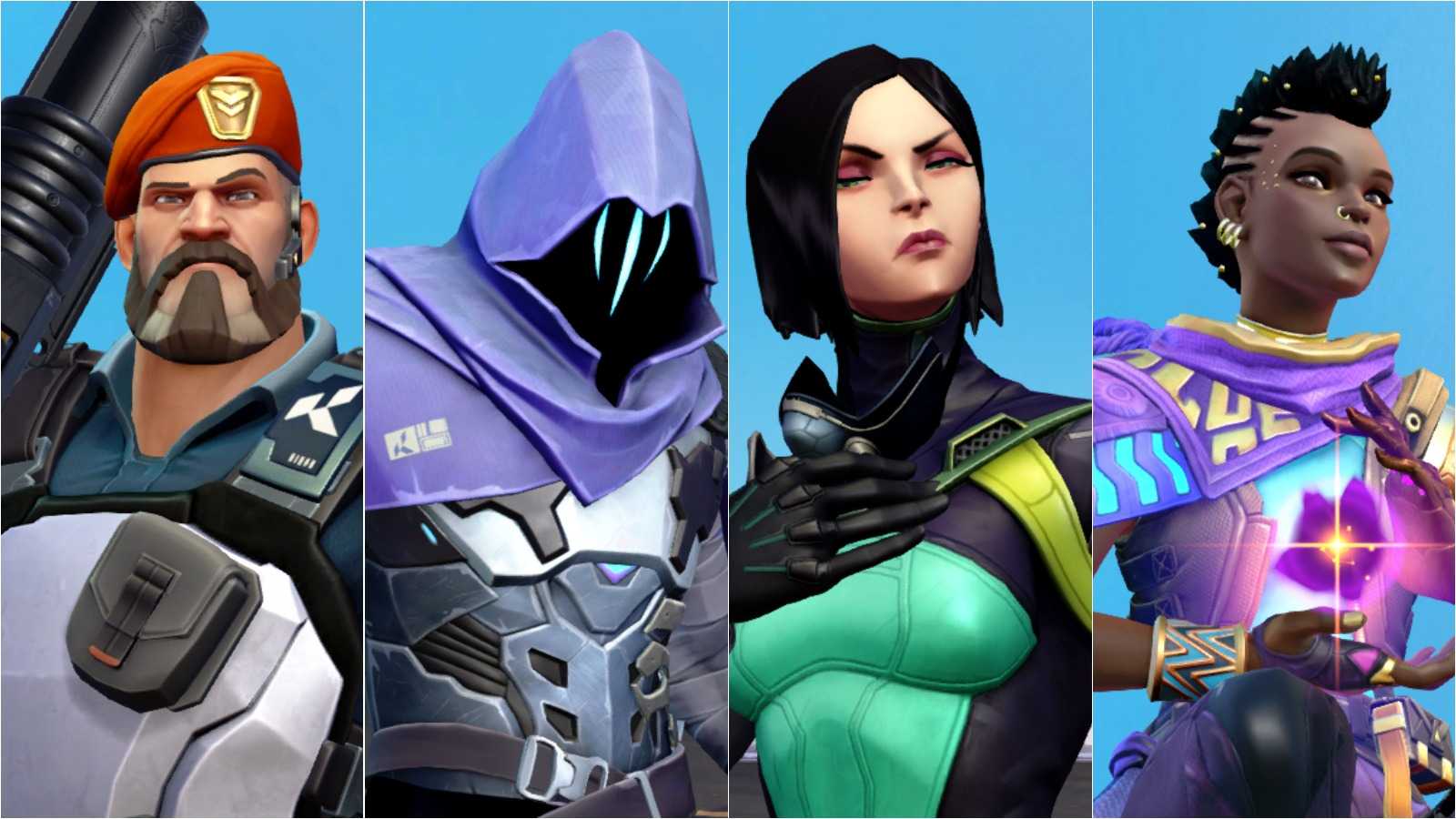
When thinking about the roles that separate agents in Valorant, you can safely associate Sentinels as space denial agents, Initiators as facilitators in securing space for the team, and Duelists as the ones securing, or creating, this space. But what about Controllers? In Viper, you have a great space denial agent, with Astra an amazing facilitator, and looking at Omen you have great ways to secure and create space. When thinking about the defining trace in Controllers, funnily, what immediately crosses the mind is that they control space…
The problem, however, is not ‘what is the job of a Controller’, but how they do it. The key element here is that different from all the other roles, Controllers have ways to consistently and effectively cut or deny lines of sight for long periods, thus controlling space. From here, it is also possible to comprehend why Controllers have such an important role in the game: while most of the actions associated with the other roles in the game can be made with agents that are not part of said role if the player has enough skill, the job done by Controllers can only be performed by then. And while the key feature of this group lies in this vision denial, if you look with more attention, the agents in this role are quite flexible when thinking about playstyles and the ways you can face the game while playing then; even if you consider some level of responsibility owned by the player in control of the smokes of the team.
One last thing to consider is that, when maining ‘smokes’, as people normally call the role, you’ll be taking out of the board one huge variable in your game. After all, with the importance of the role in almost every action of the game, it’s important to have a player that knows what he’s doing. With fewer variables, the margin in your losses or victories narrows to your gameplay alone; and this is what you should be looking for if you have faith in your skills.
Earlier in the article, I said to you that the Controller position comes with a range of possibilities while playing; in this next section, you’ll be able to see some of these possibilities for each of the Controller agents in the game. So, without further ado, let's start with the ghostliest boy of the Valorant protocol crew: Omen.
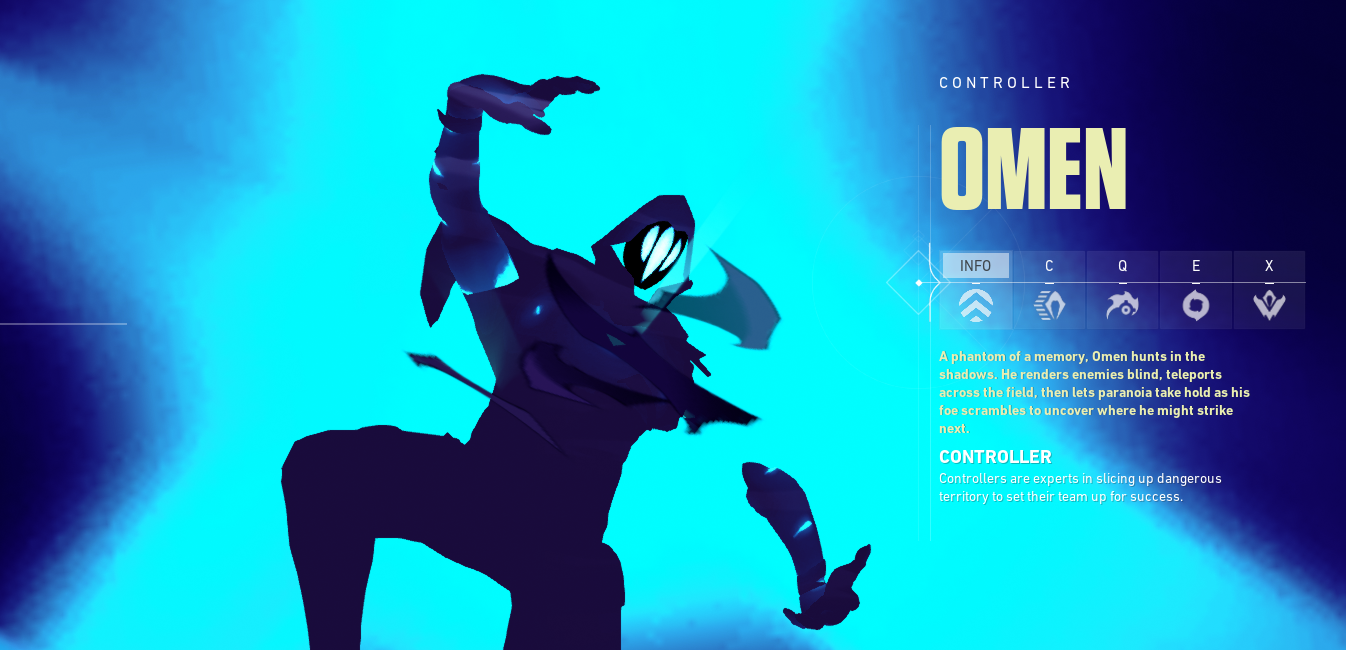
Normally associated with a more lurker-heavy playstyle, since he has a great range on his smokes, and the possibility of bypassing areas with its teleport; what people often don’t realize is the potential Omen has as an aggressive smoker. Even with the decrease in the speed of his smokes implemented in Patch 2.0, which makes a more reactive style harder to work, and a not that reliable around corners shrouded step, Omen has the higher celling among all Controller agents in the game when it comes to aggressive and flashy playstyle - the best example being Flexinja’s aggressive Omen plays. Another possibility with Omen’s kit, especially when thinking about his flash, Paranoia, is playing supportive, setting your teammates before hitting the site.
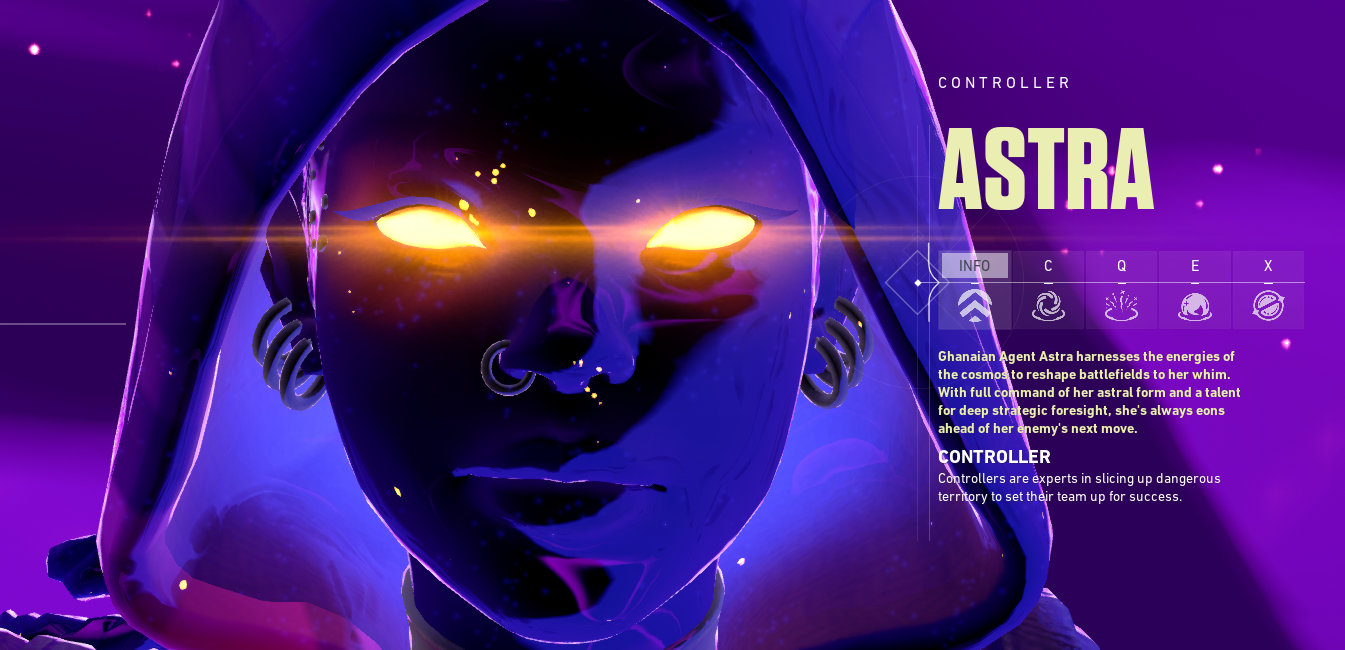
The next Controller on the list is the Ghanaian star-bender Astra. Being the best agent of the position in the current meta, Astra’s kit is so strong and flexible that you can easily play her in any way that fits your playstyle - just have your vulnerability while in her astral form in mind. From extremely late lurks after helping your team with the utility provided by your stars while abusing your global presence around the map to aggressive pushes around the fear induced by your stars, Astra’s only problem is the necessity of good communication while playing her and the need of some map awareness to know when and where to place your stars.
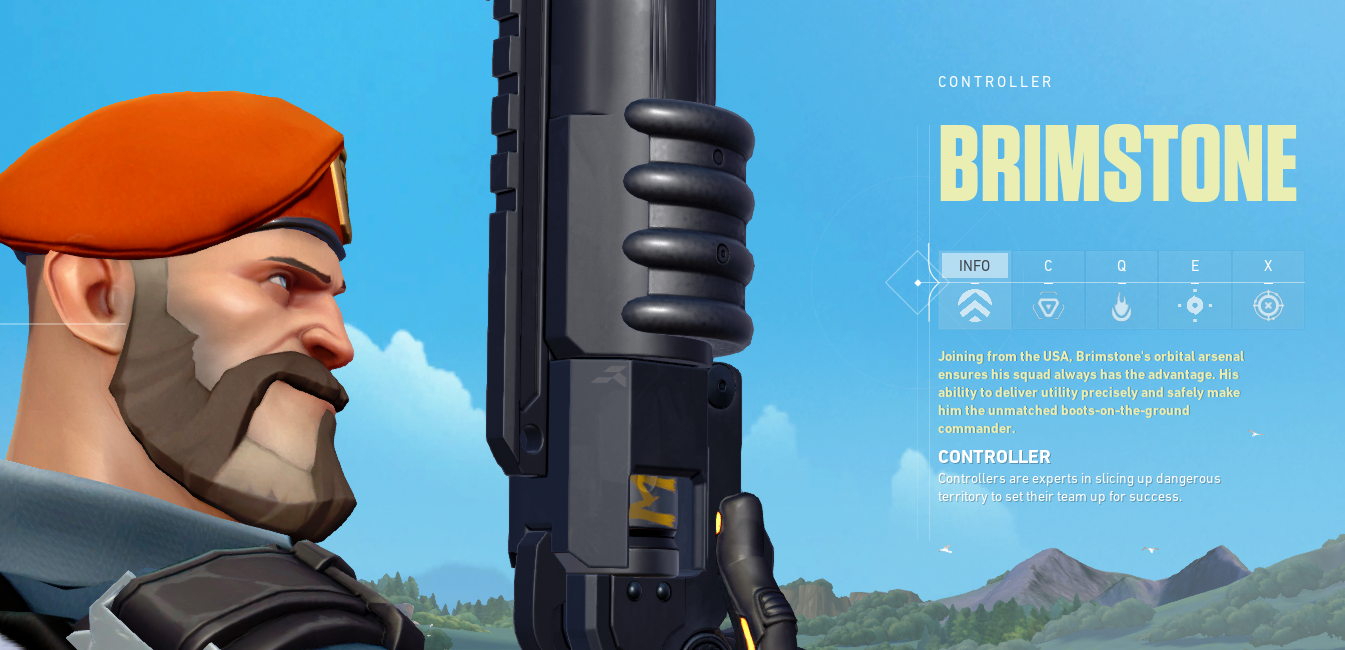
The third agent on our list is the war dog, Commander of the Valorant Protocol, Brimstone. Surrounded by pleas for buffs and reworks, Brimstone’s game possibilities are a little narrower than Astra and Omen’s but not as little as they appear. While excelling in team play, Brimstone also makes a great anchor with his fast deploying abilities that give him the possibility of a more reactive playstyle. He also works as a great aggressive agent, even if not as mobile as Omen. The ‘but’ when thinking about Brimstone is his lack of versatility since the number of smokes in his possession is low, and the lack of range gives him a weaker map-wide presence.
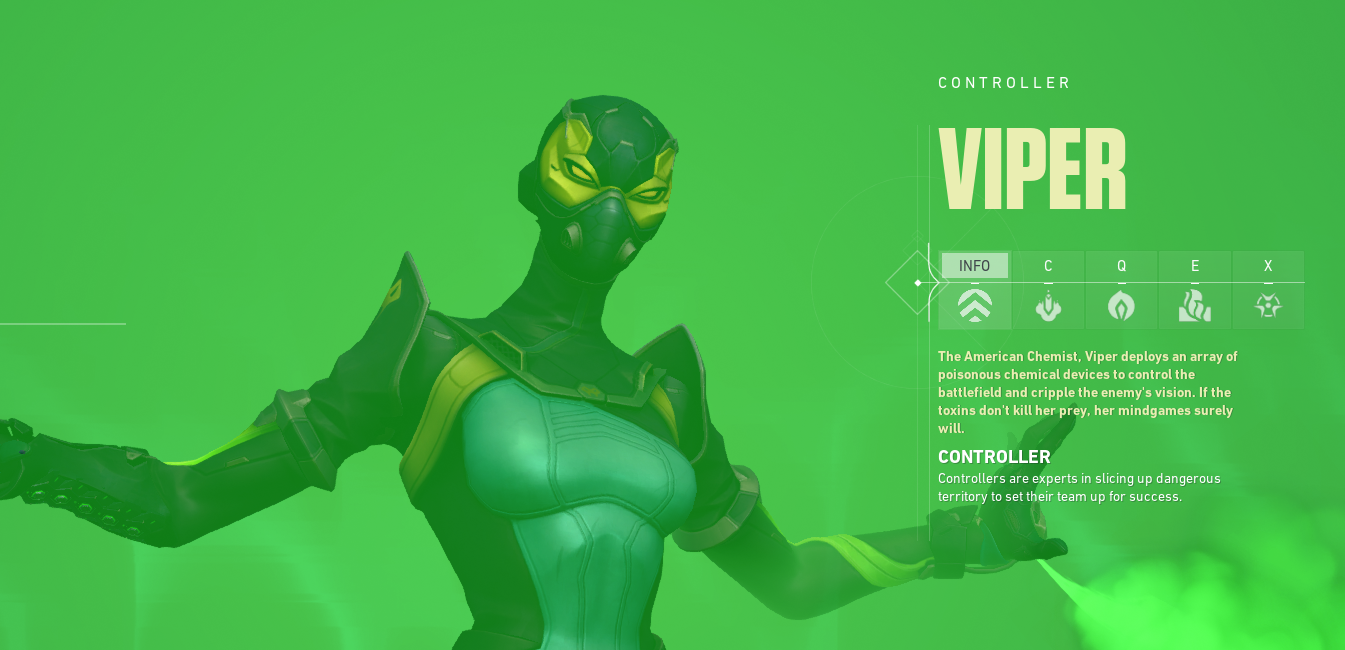
The last agent on our list is the toxic Viper. With a weird position between Controllers, the static nature of Viper’s kit puts her, in many cases, closer to the role of a Sentinel. This situation also reflects in the playstyles and how the agent can be played: Viper, in most cases, serves as a great anchor and lurker. This trait of her kit also dictates her weakness since you can’t redeploy your utility in most cases (you can always run to get your smoke back, but that can end up being impractical or unsafe). It’s also important to notice that, together with Brimstone, you have in her one of the strongest after-plant kits in the game with her poison clouds and venontovs.
While not as flashy as a duelist, the controller role can be much more fun and interesting to play than one first imagines. Being the pillar of the team, the controller role carries responsibilities matching its importance, but, if mastered, it can be the difference between winning and losing. With a much more flexible playstyle than most other roles in the game, I invite you to test out these smoke characters; try to find some sort of style that can mesh well with yours, and see how you’ll never fear a bad Omen or Brimstone in your lobby again.